Increasing productivity and profitability across the agricultural supply chain will be essential following Brexit, the Agriculture and Horticulture Development Board (AHDB) has warned.
The potential impact of post-Brexit trade on the UK’s farming and horticulture industries have been examined in a new study by the levy board.
The report explores how trade deals with the EU and the rest of the world may impact agricultural sectors including cereals and oilseeds, dairy, meat and horticulture. It highlights the opportunities and threats associated with various potential terms of trade.
AHDB said the report, unveiled at its Grain Market Outlook conference in London this week, was designed to help farm businesses and their supply chains anticipate and plan for the impacts of trade policy as Brexit negotiations unfold.
“The sustainability and viability of food production businesses in the UK are underpinned by its relationship with the rest of the world,” said report co-author Stephen Howarth.
“But the balance of imports and exports, as well as our levels of self-sufficiency, vary widely from sector to sector. We’ve taken a long, hard look at where those differences are and how they could be turned into an opportunity in future.”
Wheat imports
Imports accounted for an average 11% of UK wheat demand over the past 10 years, according to the report, although this varied between seven and 20%.
The main origins for wheat imports are Germany, Canada and France, typically supplying around two-thirds of UK imports. High protein wheat is often sourced from Germany and Canada.
Imports may be lower than recent years in the coming 12 months as the UK crop is expected to be of high quality, with the latest AHDB survey data showing 46% of Nabim Group 1 varieties have met or exceeded the requirements for high-quality bread wheat, compared with 31% last year.
Wheat exports
The report said UK cereal exports fluctuate from season to season due to changes in availability, price competitiveness and quality.
Full-season UK wheat exports for 2015/16 were 2.8m tonnes, the highest since 2008/09, with around 80% of wheat exported in 2015/16 going to the EU, mainly to the Netherlands, Portugal and Spain.
Currently, for cereal imports into the EU, tariffs depend on the commodity, grade and origin.
Generally, the EU and UK are net exporters, which requires much of the market to operate at global price levels, although there are occasions when tariffs come into play for certain grades of commodity in certain regions.
Compared to other agricultural goods, grains and oilseeds are relatively free-trading commodities globally.
Accessing a market is more about price competitiveness, being able to supply the required specification and the ability to meet technical requirements, said the AHDB.
A scenario where the UK maintains its own import tariffs would, in theory, allow them to be shifted in response to the needs of the UK market and to protect the standards and traceability domestic production represents.
Whether this would be practical or politically acceptable is currently unclear, said AHDB.
“Increasing productivity and profitability across the supply chain will be critical in a post-Brexit world, especially in sectors where major global exporters are able to price more competitively,” added Howarth.
“This will help UK businesses remain resilient if access to the UK market is opened up to a wider range of suppliers."
BREXIT: Potential trade agreements options
The UK has not yet defined the exact post-Brexit relationship it intends to seek with the EU or with the rest of the world, although it has set out a free trade agenda.
New Free Trade Agreements (FTAs) with non-EU countries can only be put in place once the UK has left the EU.
If the UK were to negotiate a relationship with the EU that involves staying within the Single Market or EU Customs Union, it would have to adopt current EU tariffs on imports from outside the EU. In this situation, little would change in terms of the UK’s trade in agricultural products.
Other scenarios that may have a significant impact on trade for agricultural products include the UK negotiating a trade agreement with the EU that does not give full access to the Single Market. There may still be tariffs for some products, which would be likely to include some agricultural outputs.
It may be likely that the UK will not reach agreement with the EU by the time it leaves. In such a case, an interim deal may allow free trade between the EU and the UK to continue while a permanent agreement is reached.
If this is not possible, the UK would revert to trading with the EU on the same basis as other WTO members without a trade deal, making UK exports subject to import tariffs when entering the EU. If so, the UK may impose import tariffs of its own.
This could lead to higher consumer prices, so the government may prefer to open up wider access to the UK market for some products.






















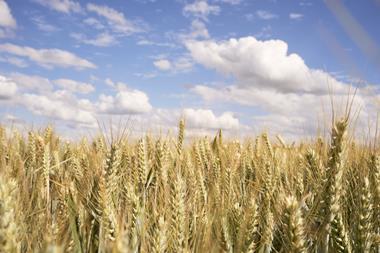
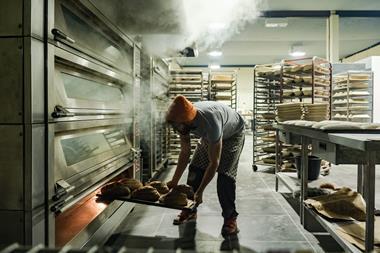
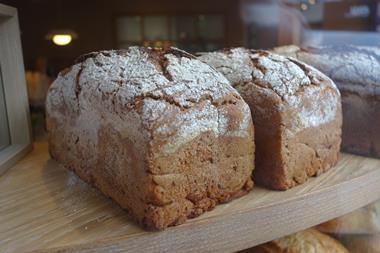
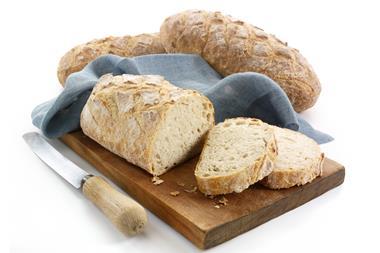
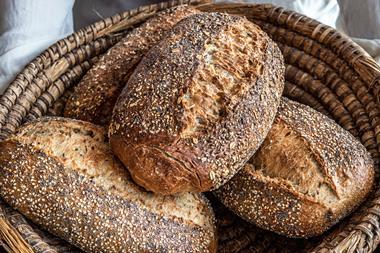

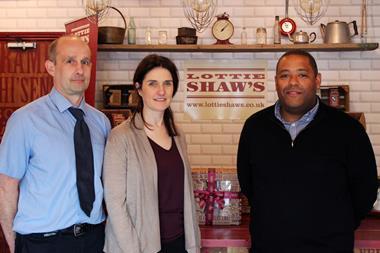
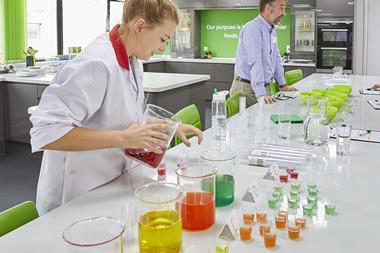
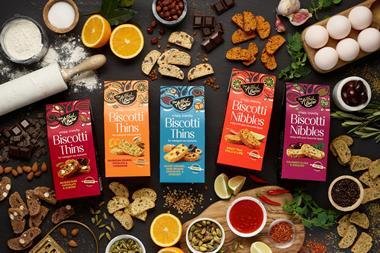

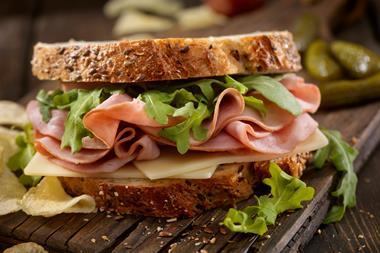


No comments yet